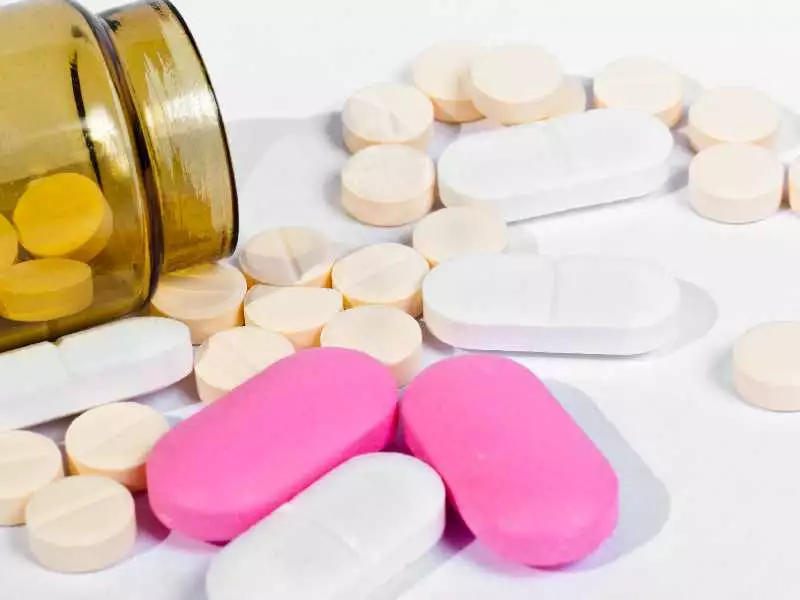Disorders of saliva secretion can concern its composition as well as its quantity. In the course of radiotherapy, proteolytic enzymes increase, in the course of diabetes, proteins increase.
Clinical signs accompanying sialopenia include dry mucous membranes, dry smoothed tongue covered with sticky coating, dry and cracked lips, difficulty swallowing, erythema and inflammation of the corners of the lips may occur, clacking speech, taste disorders, difficulty using dentures, susceptibility to caries, bad breath, soreness and burning in the salivary gland area when eating. Saliva deficiency can lead to microbial imbalance in favour of Candida albicans and Streptococcus mutans.
Sjögren's syndrome is a disease whose aetiology is unknown. There is a triad of symptoms: dryness of the cornea and conjunctiva, dry mouth and rheumatoid arthritis. 90% of cases, affect women. Clinical manifestations also include dryness of the upper respiratory tract, genital tract in women. There is soreness, itching, dryness, eyes, blotchy vision and intolerance to light. The conjunctiva may be red, the lacrimal glands swollen. Hoarseness, coughing and sore throat may occur.

photo: panthermedia
Treatment of xerostomia involves identifying the medication the patient is taking, and consulting with the treating physician to change the dosage or substitute a preparation with fewer side effects. Foods that stimulate saliva secretion such as apples, carrots, hard breads and meat, sugar-free chewing gums should be consumed. Chemical stimuli that increase saliva secretion are citric acid solutions, muscarinic agonist drugs. Saliva substitutes should also be used, and plenty of water should be drunk. Restriction of caffeine, alcohol and smoking is recommended.









